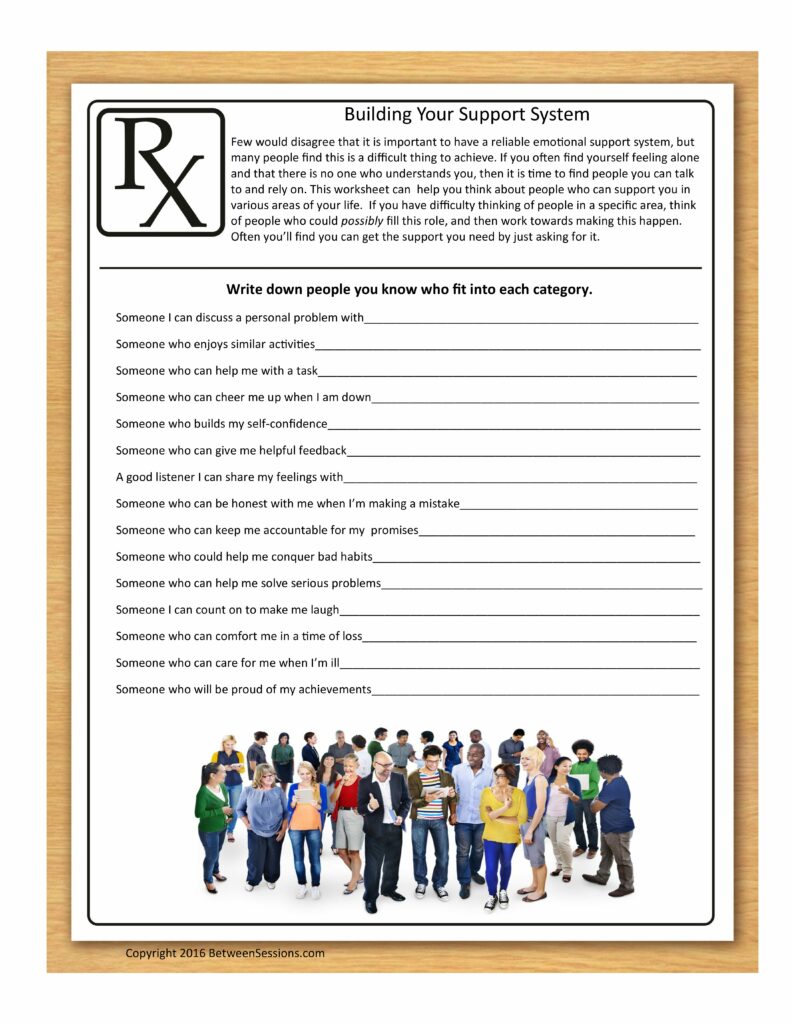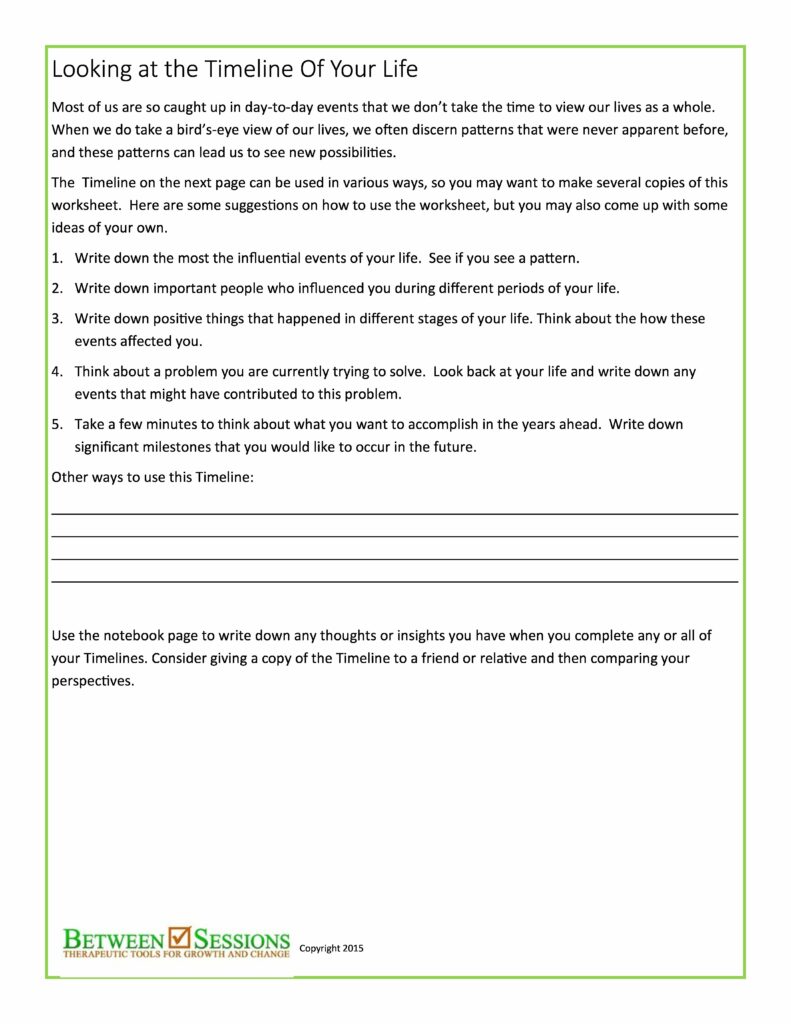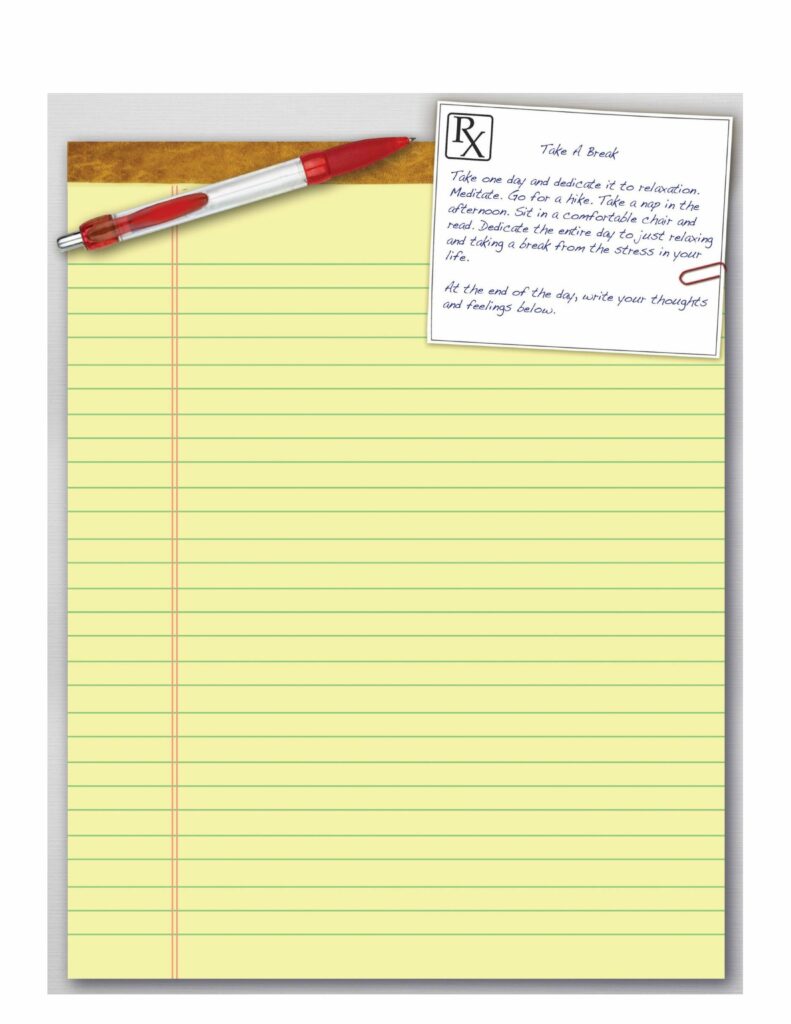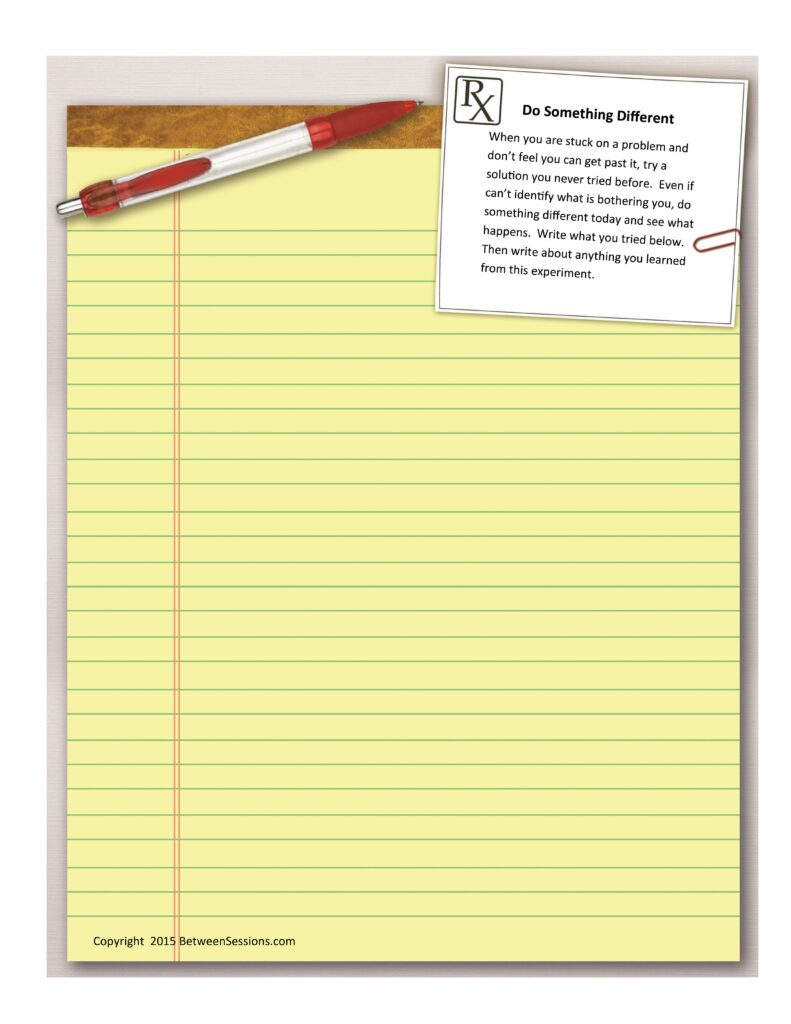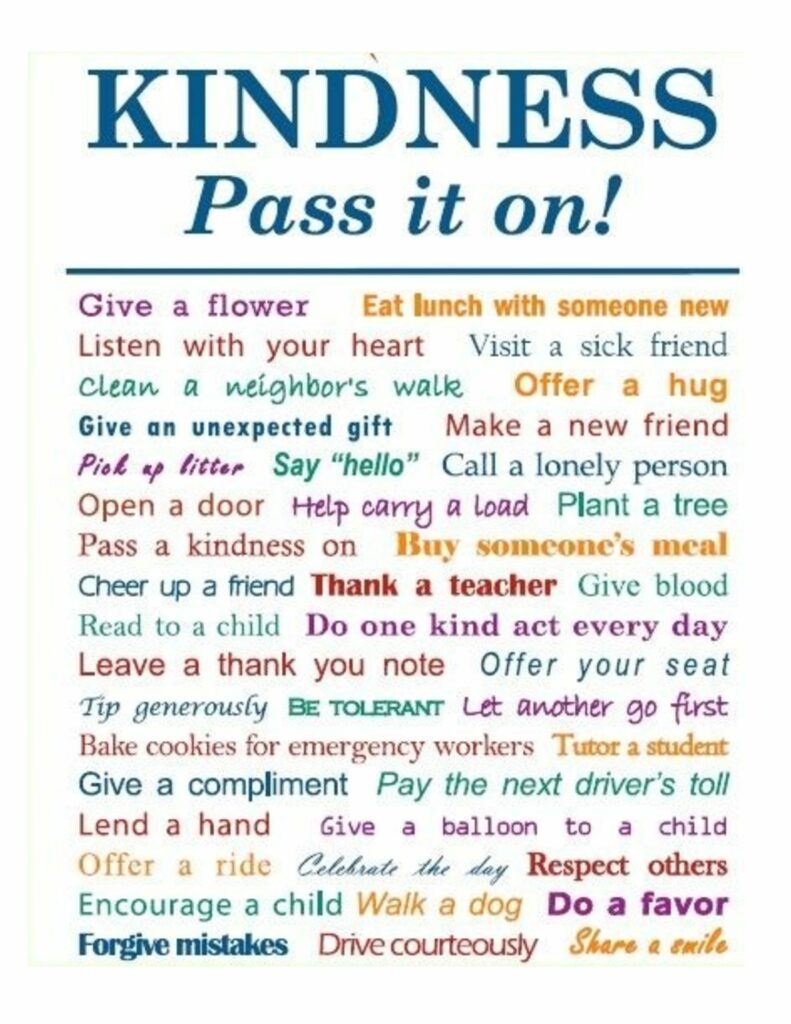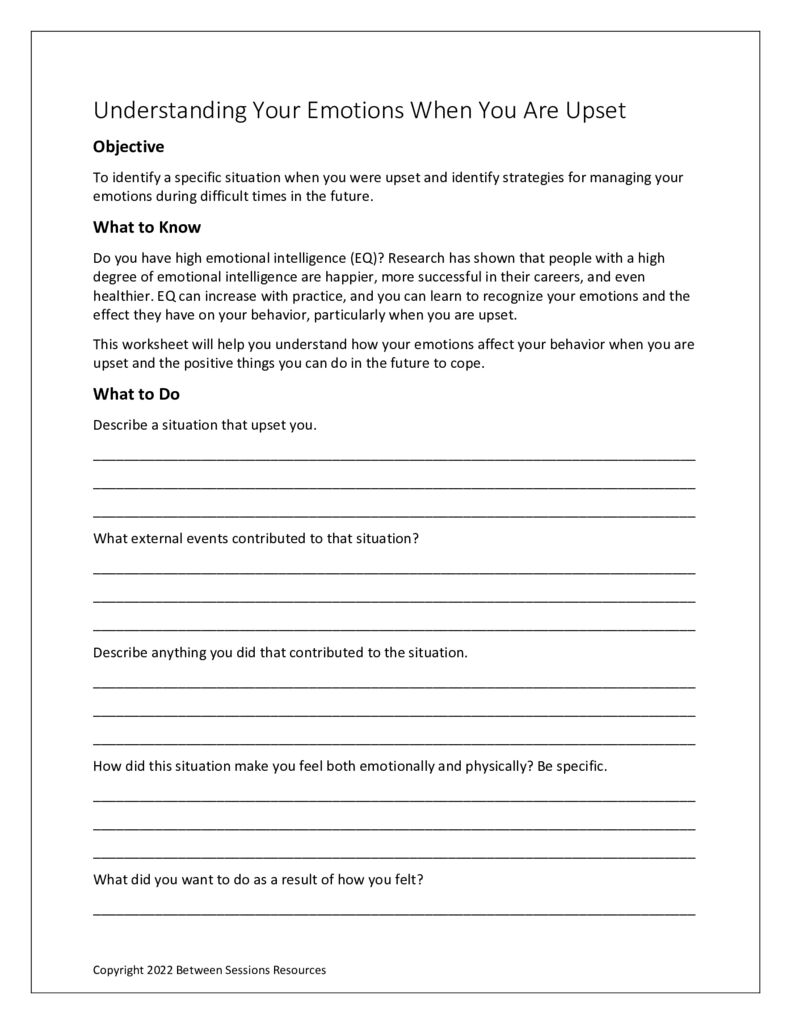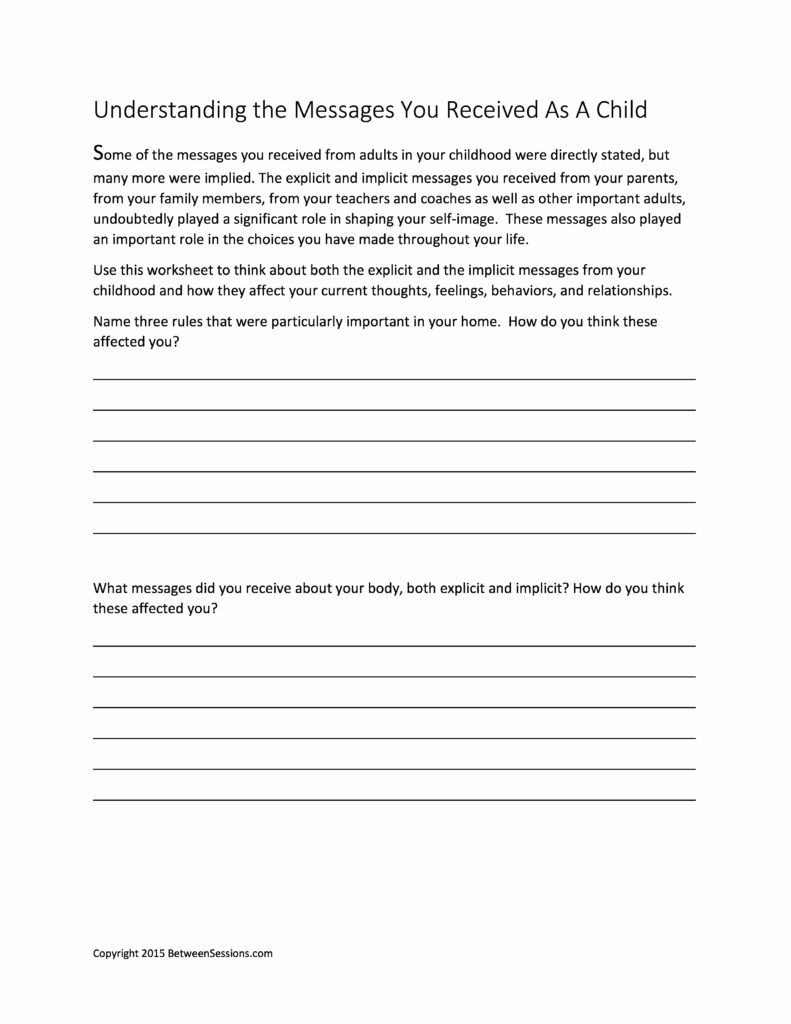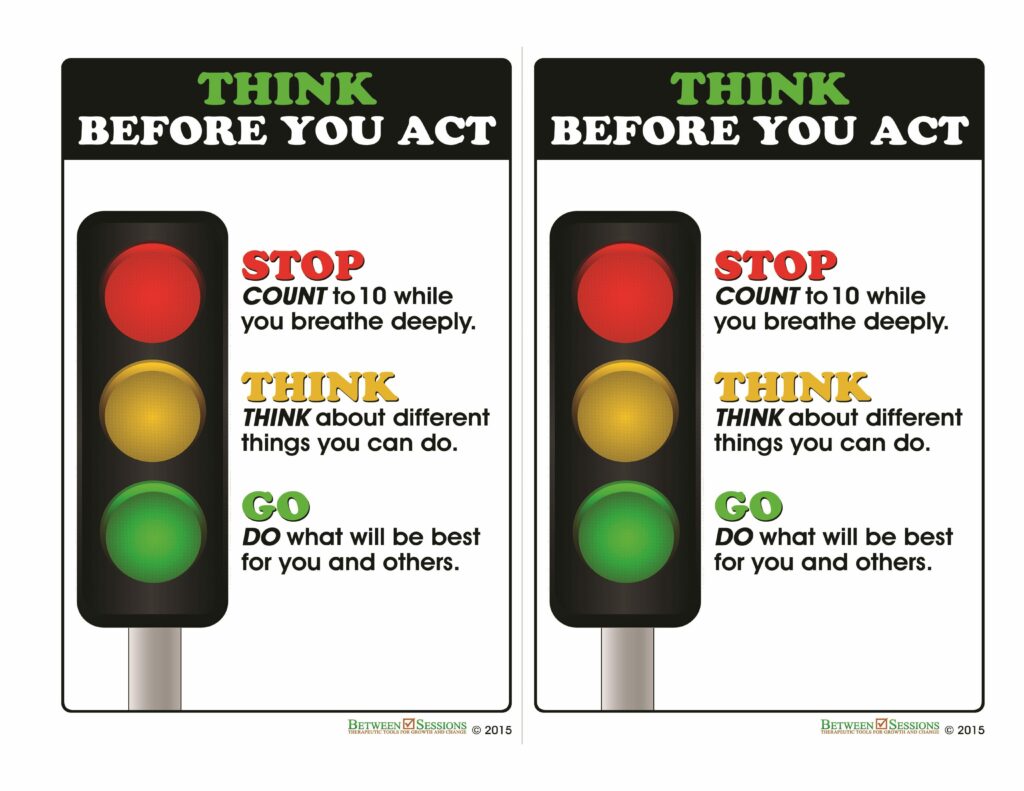This worksheet is designed to help people think about the people in their support system and the kinds of support they might be missing. (social support, 0116)
This worksheet suggests five activities that can help people get a “bird’s-eye view” of their lives as they note events and milestones at different ages. Suggestions include: listing positive events at different stages of life, influential people at different stages of life, anticipating future milestones, and more. (coaching, resilience, 1015)
Written by Mary Gosche at the University of Missouri Extension, this workbook is designed to teach parents the principles of positive discipline. The workbook can be used in parenting classes or as homework with individual parents. (0815)
This classic projective technique asks a person to “draw a picture of your family doing something.” Besides using it for assessment, you can also use it to start a conversation about the client’s perceived role in the family, feelings about other family members, relationship to other family members, and so on. (assessment, family therapy, relationships, art therapy, quick, 0814)
This worksheet encourages people to take a day off from their stress and dedicate that one day to relaxing. (stress management, quick, solution- focused)
This simple behavior assignment can help people who feel they are stuck in unhealthy patterns. (0815, quick assignment, behavior change)
This poster is designed to help people remember the importance of daily acts of kindness. (0715)
This worksheet is designed to help people identify a specific situation when they were upset and identify strategies for managing their emotions during difficult times in the future. (EQ, emotional intelligence, coping techniques, 1022)
This worksheet is designed to help people examine the explicit and implicit messages they received as children and how these messages affect their self-image and self-efficacy. (0415)
This form can be used to give people a visual reminder to stop and think before they act. This is particularly helpful for kids and teens, but is a useful technique for adults too. (0315)

